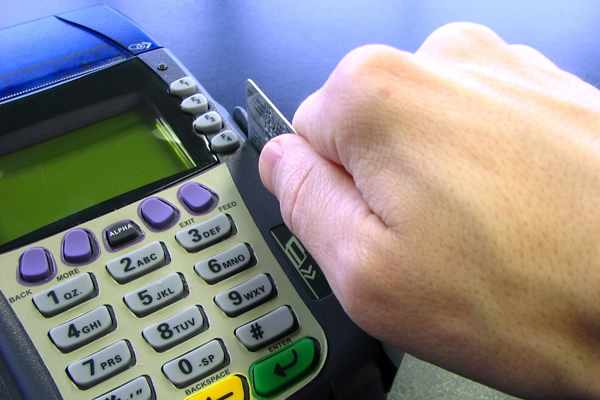Maximizing Profitability – The Financial Advantages of a Travel Merchant Account
A travel merchant account offers a variety of financial benefits that can significantly enhance the profitability of businesses within the travel industry. In essence, a merchant account is a business bank account that allows travel companies to accept card payments, whether through credit, debit, or prepaid cards. Having access to such an account enables companies to not only streamline their payment processes but also leverage a range of financial advantages that can boost their overall earnings. One of the most immediate advantages of a travel merchant account is its ability to increase revenue through smoother, faster transactions. With the rise of digital payments, customers are increasingly preferring cashless transactions. By offering a secure, reliable payment method, businesses in the travel industry can cater to this demand, thereby attracting a wider customer base. This can directly impact sales volume, particularly for travel agencies, airlines, hotel chains, and car rental services that cater to international clients who may not always carry cash.

Additionally, providing multiple payment options, including mobile wallets and online banking, creates a more convenient and accessible way for customers to book their travel experiences, leading to higher conversion rates and repeat business. Another financial benefit is the improvement in cash flow management. This rapid access to funds means that businesses do not have to wait for checks to clear or worry about delayed cash deposits, thus improving the overall liquidity of the company. A healthy cash flow enables companies to meet operational expenses, pay vendors promptly, and even reinvest in their business to drive future growth. In addition, the ability to accept international payments is a game-changer for businesses that serve global customers. Travel is inherently international, and customers from all over the world often book their trips online. By integrating travel merchant account that accepts multiple currencies and offers competitive exchange rates, businesses can eliminate the complexity and costs associated with international transactions. They can also attract a more diverse clientele, which leads to an expansion of their customer base and more opportunities for profit.
Having a travel merchant account also helps in reducing the risks associated with fraud and chargebacks. Many merchant accounts are equipped with advanced security features such as encryption, fraud detection tools, and secure payment gateways. These measures ensure that transactions are protected, minimizing the chances of financial loss due to fraudulent activities. Moreover, chargeback management tools provided by some payment processors help businesses respond efficiently to chargeback claims, reducing the likelihood of losing revenue due to customer disputes. Additionally, travel businesses with merchant accounts benefit from enhanced financial insights. Payment processors often offer detailed reports and analytics that track sales trends, customer behavior, and transaction histories. These insights enable companies to make data-driven decisions, optimize pricing strategies, and refine marketing efforts. Understanding customer preferences and transaction patterns can help businesses personalize their services, offer targeted promotions, and adjust their business models to maximize profits. Lastly, merchant accounts can lead to cost savings in the long run.



